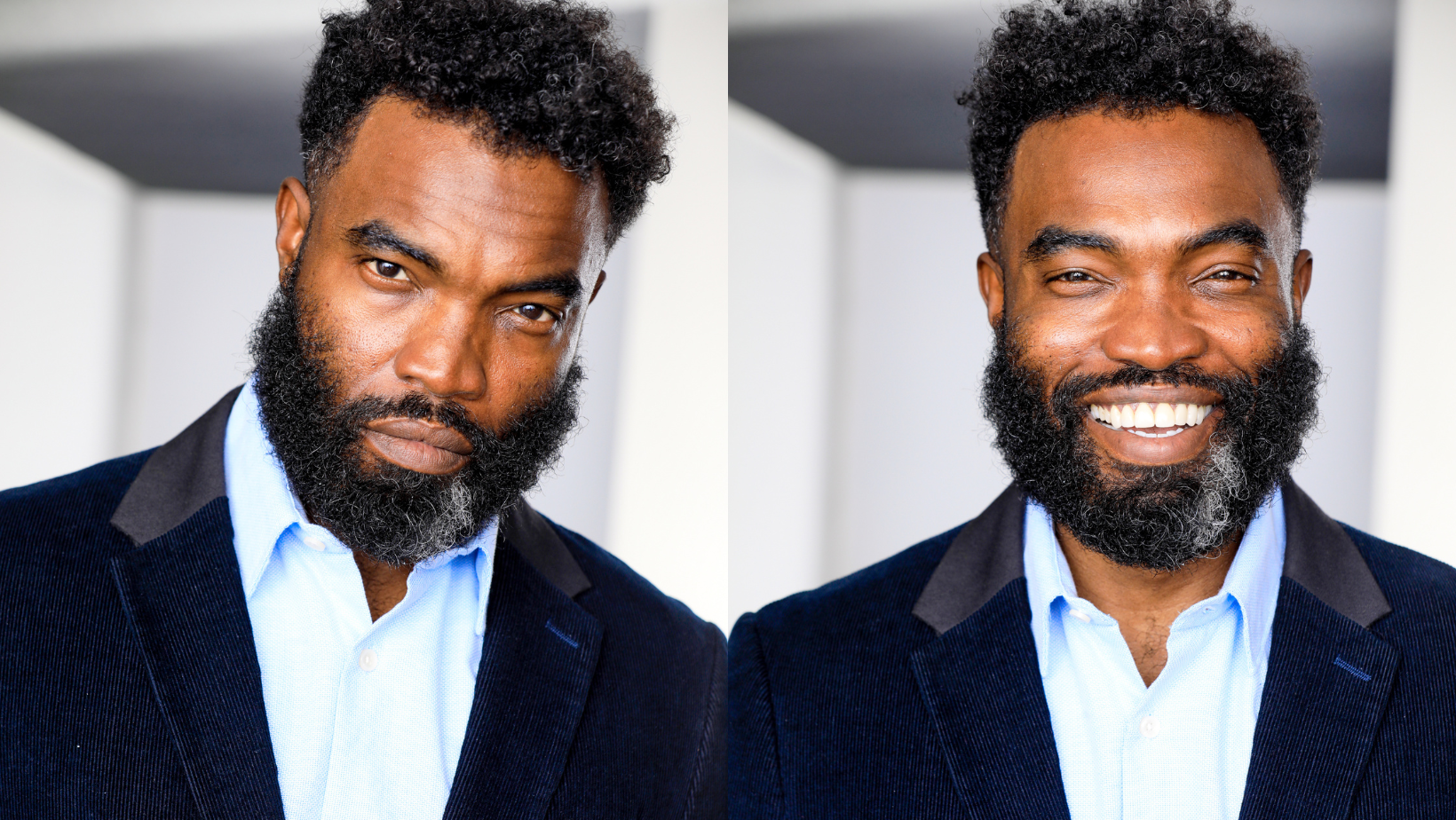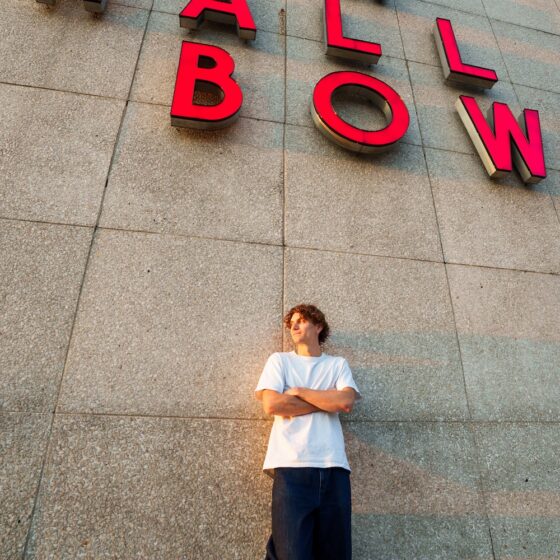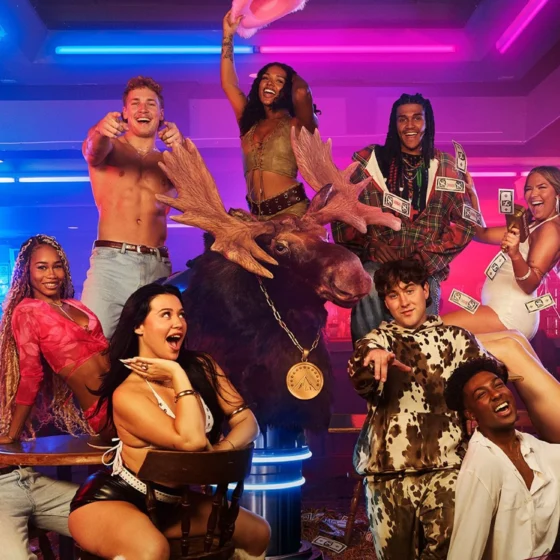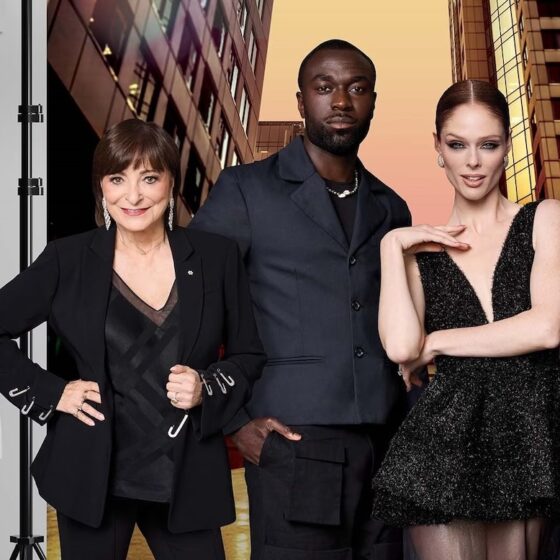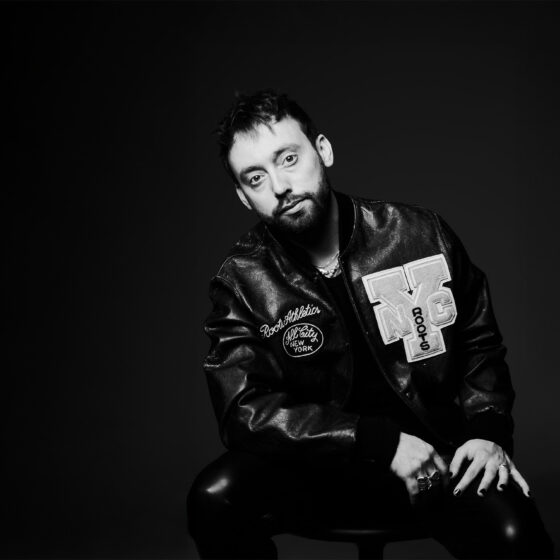When you’re navigating through a world where you’re continuously being perceived as a threat, it’s draining. With all that’s going on, it’s near impossible not to have our walls up. Damien D. Smith agrees and notes that we wear layers because we have to. The writer, actor, award-winning director and self-proclaimed cinephile hopes that his work in the years to come continues to give a voice to the voiceless.
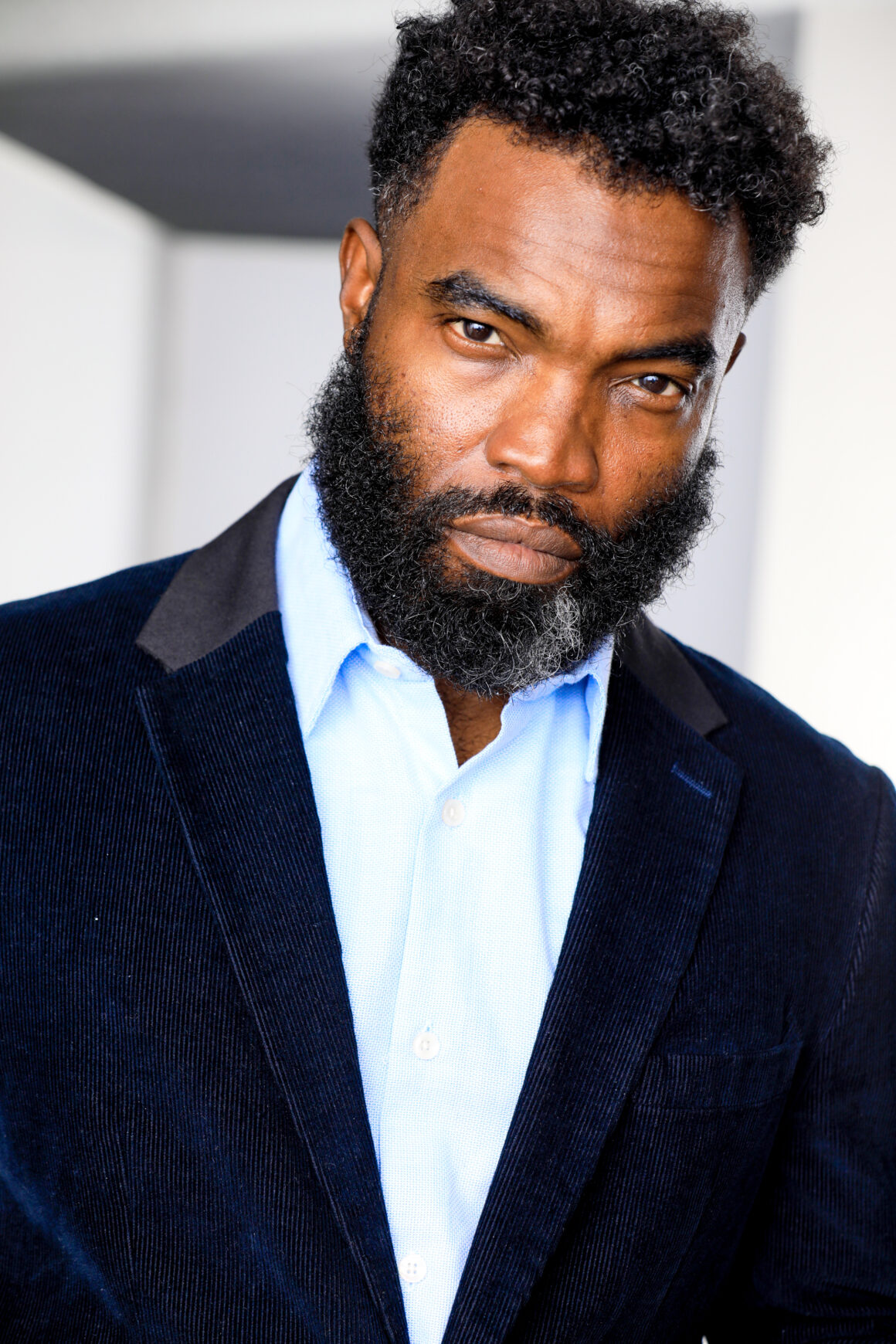
Smith is an educated man, as you can tell by his hair. When we spoke about his hair, naturally, he was all smiles. This was followed by the painful reminder that it’s not always received positively. “When you see a black man, not smiling, with a beard and hair,” he stated, “there is still somewhat of a negative connotation.” Although it’s beginning to change in the metropolitan areas, Damien exhaustedly chuckled, “not much is changing in the rural areas.” Representation matters, and seeing a thriving black man with big hair, a big beard, and a face full of smiles is always appreciated. It takes more exposure to positive influences to continue changing this ill-informed narrative; Smith proves this.
Protective Coats
There was a level of heaviness that Damien felt lifted when he went to Africa. The ability to “move more freely” was felt for the first time. Travelling to Ghana was when Damien realized he had a coat on. He described this coat, which has been put in place as a safety tactic, as a necessity. This realization came about because it was the first time he could take this coat off. “We wear a coat, but we have to wear a coat. For protection,” Damien stated, “especially as a black man in America.”
ADVERTISEMENT |
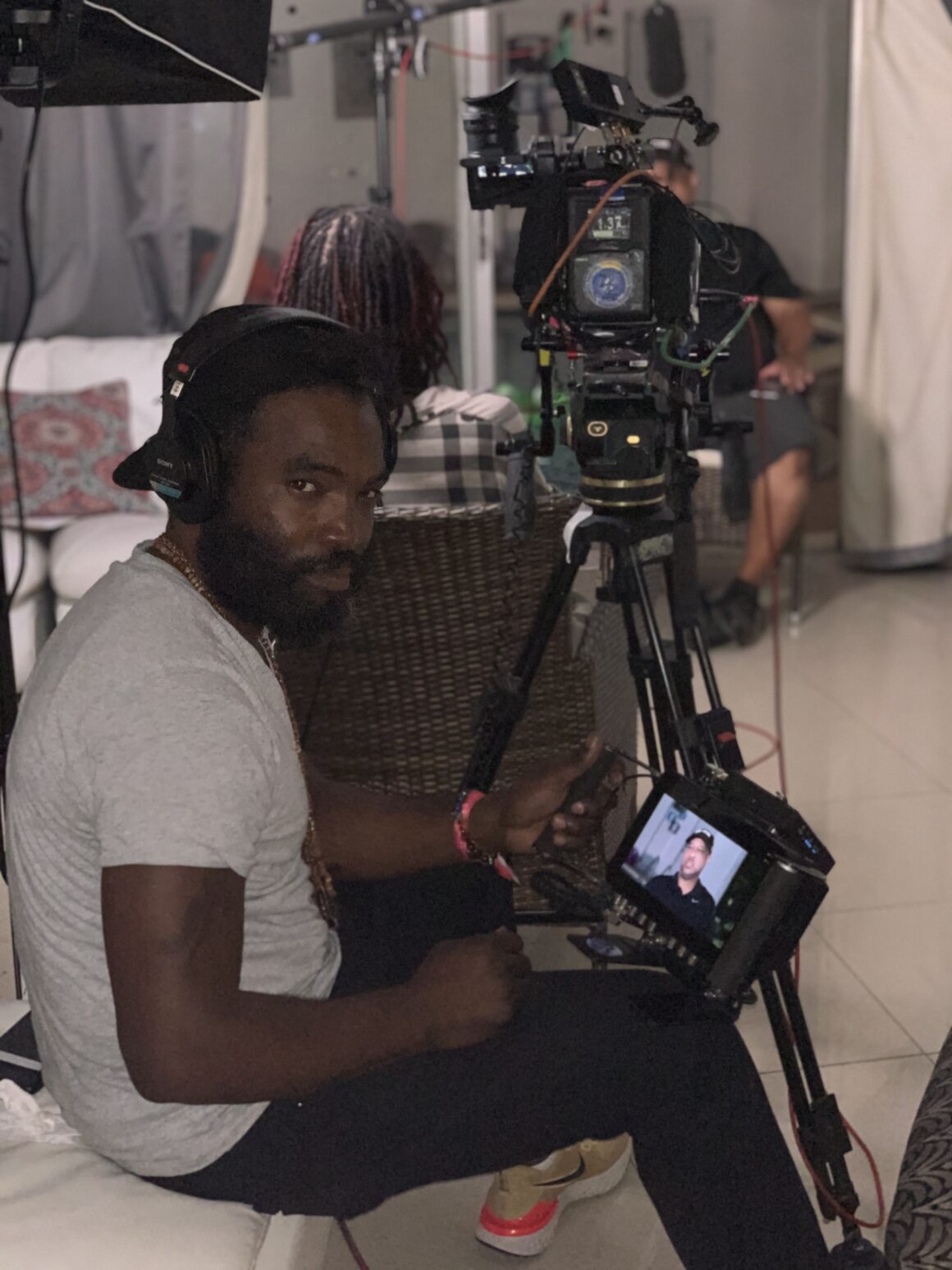
It is not until a level of safety is established that layers can start to be removed. At that time is when, Damien explained, “we can take layers off for growth.”
See Also: Gent’s Talk: Acting, Tranquility & Toxic Masculinity w/ Shomari Love
Free to Be Free
Smith stated that he “uses storytelling as activism,” which allows him to express his message differently. Most recently, after making rounds in the festival circuit, his documentarian work has gained recognition with his project Free to Be Free, which centers on and chronicles the passing of the Crown Act. The Crown Act is a policy that was put in place to stop discrimination based on hair. The docu-series, which has made significant strides, has even captured the attention of the United Nations. Damien, who will speak on the innovation and technological change in education in the digital age, is excited to attend the CSW67 (the sixty-seventh session of the Commission on the Status of Women). He will contribute to the cause as a speaker on their various panels to support Women’s History Month.
ADVERTISEMENT |
About Damien
Damien Smith expresses his passions through the art of storytelling. His art addresses sexism, racism, and bigotry. He aims to highlight the issues affecting historically underserved and undervalued communities. He explores themes such as mental illness, sexual abuse, and environmental racism to engage audiences in meaningful discussions on the subject matter.
Damien D. Smith is truly an artist and knew his mission early on. Whether in front of the camera or planning his next directorial move, he loves to immerse himself in his work. His grandparents raised him in St. Louis, Missouri. Damien learned first-hand what it truly meant to care for others, as his grandmother played a vital role in planting an irreversible seed of empathy in him. Outside of his directorial career, Damien can also be recognized alongside Will Smith in Apple Original Film’s latest film, Emancipation, which was nominated for Best Ensemble Cast for the NAACP Image Awards. Most recently, Smith plays Top Notch, a private investigator on FX’s hit crime drama, Snowfall. Snowfall is in the sixth and final season. When his craft isn’t taking him around the world, Damien loves to write, read, enjoy the theatre, and explore local museums.
Feature image credit Cameron Radice
ADVERTISEMENT |



